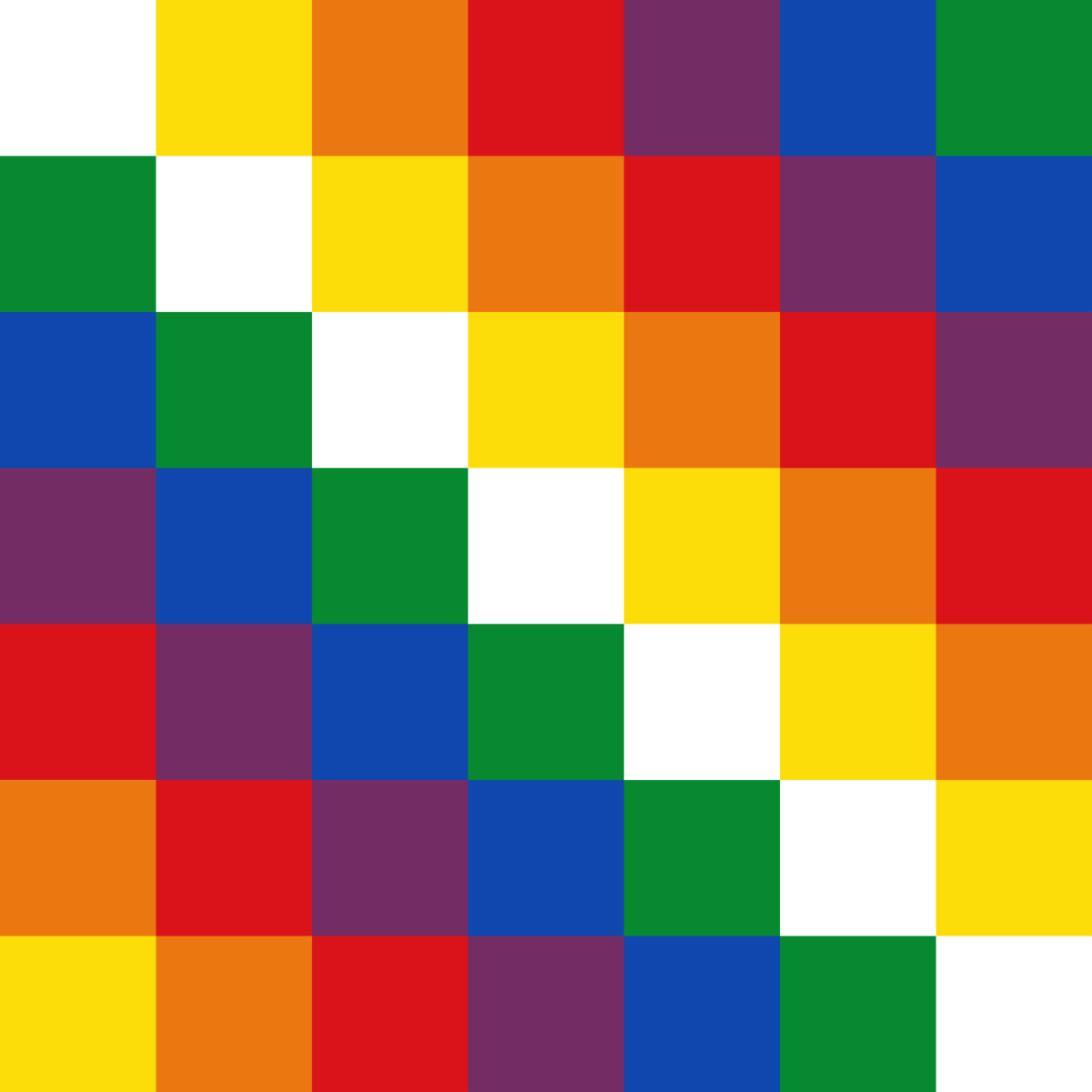lilypad [she/her]
- 7 Posts
- 56 Comments

 2·5 months ago
2·5 months agoHey now some of us like hurting ourselves with treats! Enough psychic damage and maybe ill stop thinking or percieving this world death to my own capacity for higher order thinking


 1·5 months ago
1·5 months agoLol i await the day I see myself up there upon pressing f5

 1·5 months ago
1·5 months agoGlad I didnt read this before sleeping, would have made for some weird dreams

 6·6 months ago
6·6 months ago:norway-cool:

 7·6 months ago
7·6 months ago nu skjønner æ. Æ tok feil da æ flytta hit. Kor mye e en hybel på svalbard? Altså, SP har ikkje drept alle ulvan så æ må jo lære mæ å skyte uansett, og da burde æ bo en plass der det e ordentlig behov for mine nylærte skytingsskills.
nu skjønner æ. Æ tok feil da æ flytta hit. Kor mye e en hybel på svalbard? Altså, SP har ikkje drept alle ulvan så æ må jo lære mæ å skyte uansett, og da burde æ bo en plass der det e ordentlig behov for mine nylærte skytingsskills.

 9·6 months ago
9·6 months agoDe sa «Du burde flytte sørover». De sa «Det er varmere og mildere der», ja vel nu e æ faen mæ fanga på denne forbanna togstasjonen! Fette faen i helvette æ burde ha flytta til føkkings gran canaria eller nokka.
– some nordlending whose tired of the cold, probably.
 16·6 months ago
16·6 months agoIm proud of you <3 please post/update us when youve called one of the other places?
 10·6 months ago
10·6 months agoYou can do this!


 34·6 months ago
34·6 months agoUhhh yeah id like some materialism with a side of dialectics. But no Marx! If its Marx or his dialectical materialism, i send it back!

 7·6 months ago
7·6 months agoFuck you Cuckoo Im a Christmas Tree
 41·6 months ago
41·6 months agoTheres a url, say
peepee.com. So far this is the routing portion of the url that says how to find the web server, basically saying “ask.comhow to findpeepee”, and that gives us the ip address of the server.Everything that comes after that, is information for the server itself. So to navigate to a resource, say
poopoo, that lives on the server, they would navigate topeepee.com/poopoo.But sometimes you want to navigate to that resource and also communicate some bit of information to the server, say a login token so the server knows who is accessing that resource. This is communicated via a URL parameter, and looks like
?userid=abcd1234, or in the full url:peepee.com/poopoo?userid=abcd1234. So the user is still accessing the same resource, but has provided additional metadata to the server.These parameters can be abused to identify who knows who and who communicates with who by attaching a tracking id parameter to the URL, so when you share a link it includes that tracking parameter and anyone who clicks on it, well now the server knows that the originator of the tracking ID (well, the first person to be assigned it) shared it with this other person. This can be combined with other collected info to build a map and social graph of actual people, e.g. we know dave is at this ip, and jane is at this other ip, and we put a tracking parameter in daves url and we saw jane use that same tracking parameter in her url, so we know that dave shared this url with jane.
So to answer your question, a canonical link is a link to a resource without the unneeded url parameters.

 5·6 months ago
5·6 months agoThanks :) id be surprised if she meant to speak to a trans experience but fuck that art is meant to be interpreted not dictated/prescribed

 2·6 months ago
2·6 months agoOk so heres some thoughts on tzadik:
It genrally means someone who is wise and rightous, who has a strong and good moral intuition and the wisdom to back it up and analyze it to find it to be good. The word itself shares a root/is derived from צדק, which means to do just things or to do what is correct/just/right. A tzadik makes things be as they should be (see also tikkun olam). A tzadik also helps us see the divinity and/or rightousness within ourselves.
I used that word because there are many so called tzadikim that are arguing for israel and its so-called right to defend itself, so im wanting to say that this is not the way forward into rightousness but rather a path that works evil, through genocide and oppression, and a tzadik should recognize this (and indeed some have).
Theres also the argument (at least, ive heard it in my family) that one may be called a tzadik but that no one is a tzadik, at least not in perpetuity; rather, one takes actions as a tzadik would. This shifts the focus onto the actions themselves and recognizes that no one is inherently rightous, rather ones actions are rightous and one is rightous in that situation.

 3·6 months ago
3·6 months agoSorry, im not used to tagging for language and spaced it, ill see if I can fix it. (Edit: i got an “error language not allowed” when selecting yiddish unfortunately)
And the translation is close! Tzadikim is perhaps better translated as “rightous people”, imo, but theres a whole lot to be said about tzadikim that could be a response of its own. And i put bafrayen (to make free) in the present tense instead of future because im (perhaps naively) holding hope that we are in that process right now, not waiting for that process to begin. But i think it means the same as the english phrase “will be free” semantically.

 3·6 months ago
3·6 months agoדי צדיקים האָב געזאָגט, פון דער מײך ביז דער ים פּאַלעסטינע באַפֿרײַען

 4·6 months ago
4·6 months agoSince no ones mentioned it yet, Super Tux Kart should work. Its available cross platform, and you can host LAN games if Im remembering right, and it should be fun for 30 minutes of pick up play.

 2·6 months ago
2·6 months agoI really liked The Wandering Village, which I think is from this last year. It didnt do anything particularly wow but i lost so many hours to it, its just really fun and sweet.




I wish I had the capacity for many people but sometimes i burn myself out socially just from talking to myself